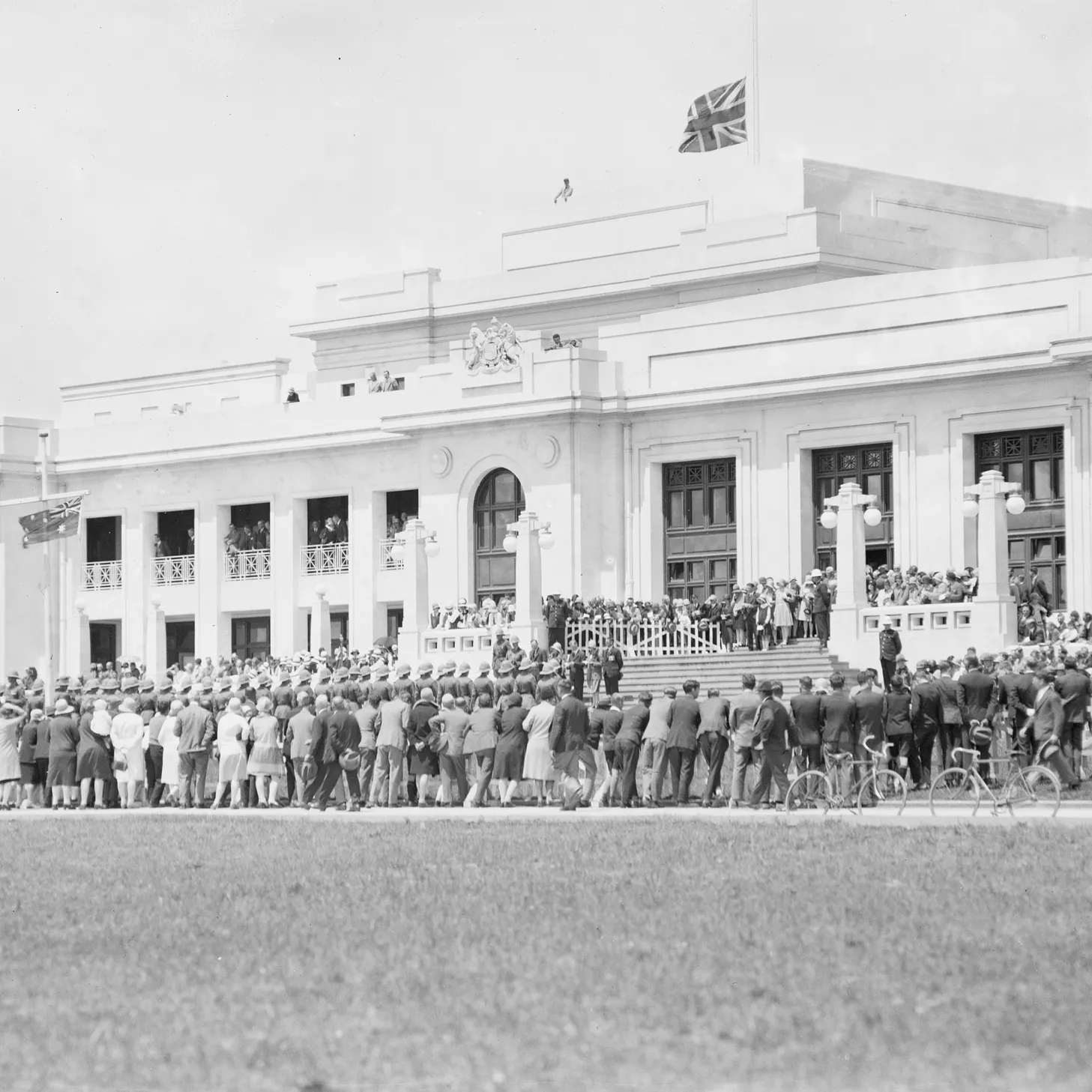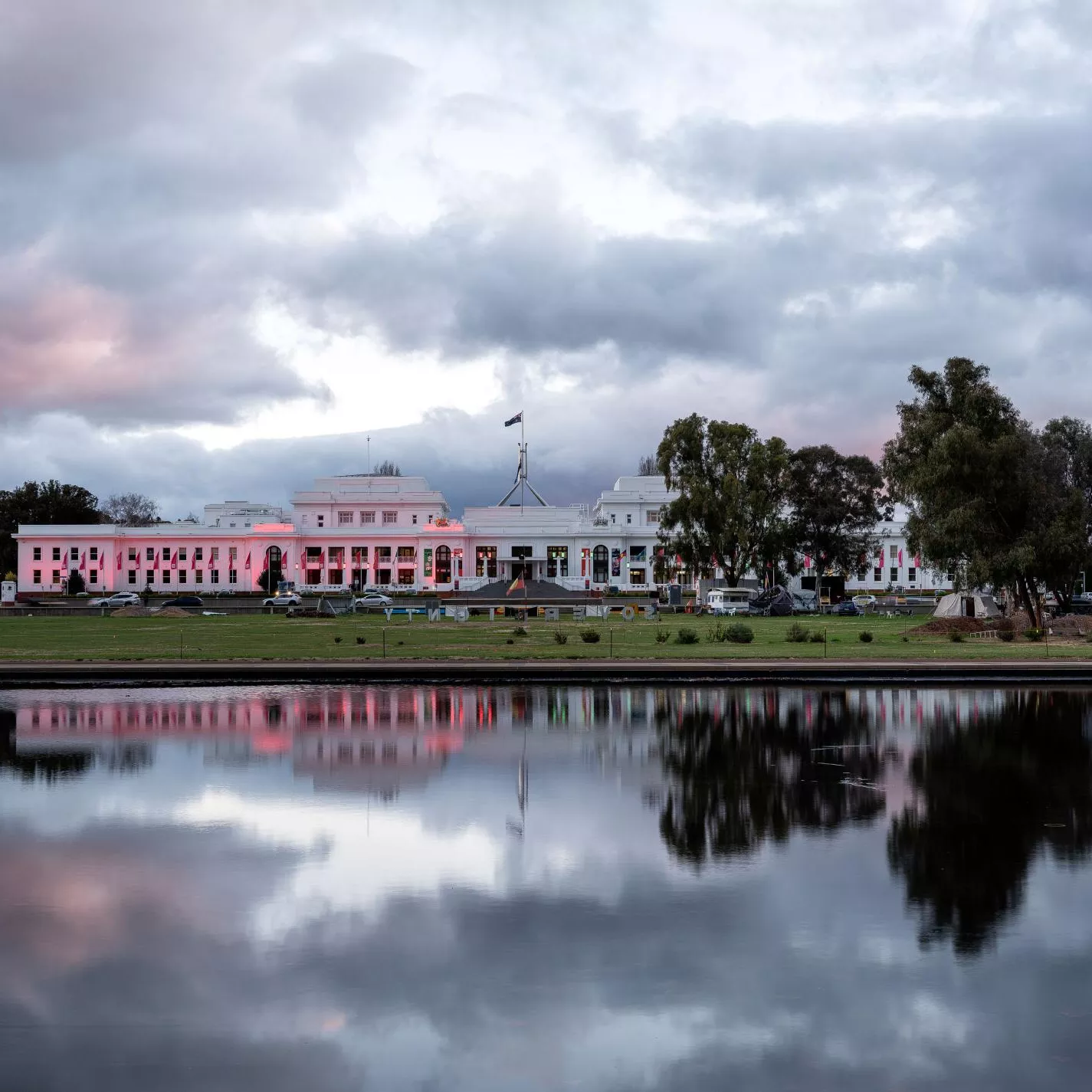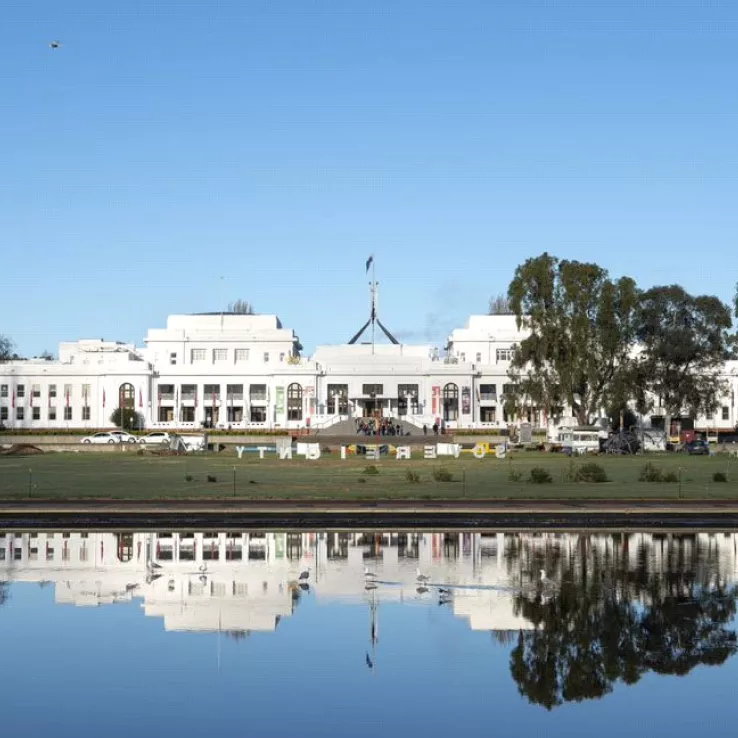Procurement complaints
The Museum of Australian Democracy at Old Parliament House (OPH) takes all complaints seriously and is committed to ensuring that it manages all complaints fairly and efficiently.
Information on this page is related to complaints regarding procurement processes undertaken by a Commonwealth entity subject to the Commonwealth Procurement Rules (CPRs).
OPH must comply with the CPRs when procuring goods and services.
OPH has a fair, equitable, and non-discriminatory Procurement Complaints Policy, which is outlined below.
Complaint first steps
All procurement complaints or concerns should be raised with OPH in the first instance.
Issues arising during the tender process should, in the first instance, be managed in accordance with processes identified in the tender documentation.
Contractual disputes should be managed in accordance with the contract.
Types of complaints
Where issues cannot be resolved, under this policy there are two types of procurement complaints:
- A complaint under section 18 of the Government Procurement (Judicial Review) Act 2018 (a GPJR Act complaint), and
- A complaint regarding something that OPH proposes to do, or has done, during a procurement process, that does not satisfy the requirements for a GPJR Act complaint (a general complaint).
GPJR Act complaints
The Government introduced the Government Procurement (Judicial Review) Act 2018 (GPJR Act) to provide suppliers and/or potential suppliers with a mechanism for lodging a formal complaint, if they believe:
- a relevant government entity has or will breach relevant CPRs relating to a covered procurement, and
- this will affect their interests.
Who can make a GPJR Act complaint?
For the purposes of the GPJR Act, a supplier can submit a complaint. The GPJR Act defines a supplier as a person or a partnership (or other group) of two or more persons that supplies or could supply goods or services.
What procurements does the GPJR Act apply to?
The GPJR Act does not apply to all procurements. A GPJR Act complaint can only be submitted for a covered procurement.
A covered procurement under the GPJR Act is a procurement where both Division 1 and 2 of the CPRs apply.
The following procurement types are not considered covered procurements:
- Procurements valued below the relevant procurement thresholds (for OPH, specified in paragraph 3.7 of the CPRs);
- Procurements from standing offers under panel arrangements;
- Procurements that are exempt from Division 2 of the CPRs in accordance with Appendix A of the CPRs; and
- Procurements where, under paragraph 2.6 of the CPRs, OPH has applied a measure determined to be necessary for the maintenance or restoration of international peace and security, to protect human health, for the protection of essential security interests, or to protect national treasures of artistic, historic or archaeological value.
- Procurements which are part of a class of procurements that has been determined by the Finance Minister to not be covered procurements for the purposes of the GPJR Act.
Which CPRs does the GPJR Act apply to?
The contravention of any of the following CPRs will be considered a breach of the relevant/specified CPRs for the purposes of the GPJR Act: Division 2 and paragraphs 4.18, 5.4, 7.2, 7.10, 7.13–7.18, 7.20, and 9.3–9.6 of Division 1.
More detail can be found at Commonwealth Procurement Rules.
General complaint
A general complaint is a procurement complaint that does not satisfy the requirements for a GPJR Act complaint.
A general complaint can be made about any aspect of the procurement process and can relate to any procurement activity.
Where do I submit my complaint?
All complaints should be sent, in writing, to governance@moadoph.gov.au
How do I lodge a complaint?
Suppliers should raise their complaint with OPH immediately after becoming aware of an alleged breach of a relevant CPR, or upon forming a grievance or objection to something that OPH has done or proposed to do.
To assist in resolving the complaint in a timely manner, the written complaint should provide the following information.
Contact details
- Company name
- Address
- Telephone number
- Email address
- Name and contact details (email address and phone numbers) of who the procuring entity can contact regarding the complaint
Information on the procurement
- AusTender ID (ATM ID/CN ID/SON ID)
- Estimated contract value (if known)
- Product or service being procured
- Relevant times and dates (i.e. issuance of tender/tender closing/contract award)
Complaint
- Detailed statement of all relevant events and facts in support of the complaint, including how the supplier is affected by the alleged breach
- Whether you intend the complaint to be a formal complaint under section 18 of the Government Procurement (Judicial Review) Act 2018
- A clear statement of which paragraph(s) of the Commonwealth Procurement Rules you believe has been breached
Statement of form of relief requested
- Remedy being sought
Attachments
- Any other information which will be of benefit to resolve the complaint including any correspondence or other evidence
What happens once I have submitted a complaint?
OPH will determine if the complaint is a general complaint or a GPJR Act complaint. If additional information is required with regard to the complaint, the department will contact the supplier to obtain the information.
If a supplier submits a complaint that is determined by the department to be a GPJR Act complaint, the procurement will be suspended while the complaint is investigated. However, if a Public Interest Certificate (PIC) has been issued for that procurement, a suspension will not occur. The department will advise suppliers if a PIC has been issued for a particular procurement.
Where suppliers who will be affected by a suspension can be identified, the department will advise those suppliers that the procurement has been suspended.
How will your complaint be handled?
An investigation into the complaint will commence and on completion, the complainant will be advised of the findings. OPH will also seek to confirm if the complainant considers the complaint to be resolved or wishes to withdraw the complaint.
The complainant can notify OPH at any time that their complaint has been withdrawn or resolved.
OPH will engage with the complainant as far as practicable to resolve the complaint.
If the complainant is unsatisfied with the outcome of the complaint, the complainant can raise their complaint to:
- Department of Finance: The Procurement Coordinator at the Department of Finance assists the business community with matters relating to procurement activities undertaken by the Australian Government. Further information on this can be found via the Complaints Handling Charter.
- Commonwealth Ombudsman: There may be other courses of action available, such as approaching the Commonwealth Ombudsman. The Commonwealth Ombudsman considers and investigates complaints about the administrative actions of Commonwealth.









